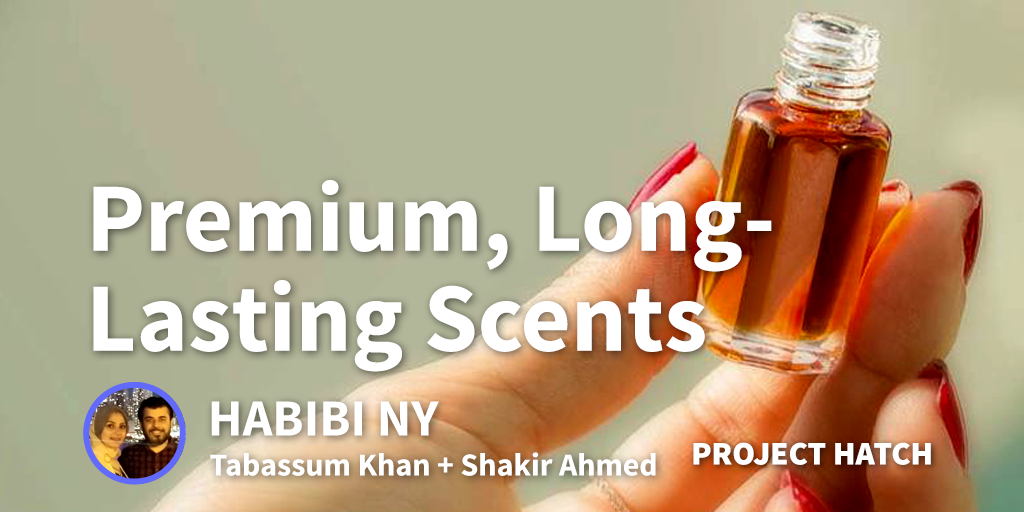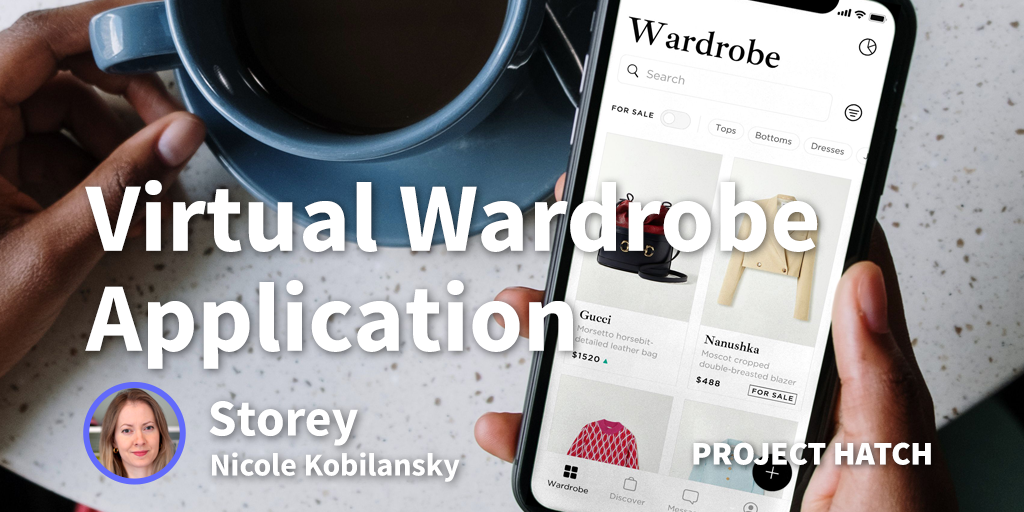I started Vine Street Digital after working in the advertising industry for several years. I’ve always loved being a Pay Per Click marketer but I absolutely hated the traditional agency life. In a lot of agencies, specialists and client managers are given an unmanageable amount of work which leads working insanely long hours. It’s also a pretty high pressure environment most of the time - everyone has KPIs they’re trying to meet and the better you get at what you do, the more pressure you feel.
Ultimately this leads to high employee turnover. After working at agencies big and small I realised that a “Senior” person was someone who lasted more than a year. This kind of employee churn leads to a poor experience for the clients. It’s hard to get someone experienced managing your advertising if most people are leaving after a year. So you can imagine that the client churn is just as high.
We tend to suffer burnout, stress and a myriad of other mental health issues just by being alive nowadays. But it was definitely exacerbated by a high pressure workplace with a very poor work/life balance. It’s not a new issue for agencies and you can read a huge range of articles on the topic like this one from 2016 right up until recently this year.
I don’t think I had a lightbulb moment, I had a breaking point. I was physically and mentally unwell and I felt trapped in my career. My future wasn’t mine anymore and if I continued this way my work would always have to come first or I’d have to simply walk away. That’s when I decided to start Vine Street Digital - to do the marketing that I loved so much, but take back control of my life.
I started the same way most freelancers start; as a solo operation. I took everything that I hated about marketing agencies and basically did the opposite; management was transparent, no lock-in contracts, no overload. Many agencies are great at making a high quantity of sales, but not quality sales. Clients are promised the world with nothing to back it up. So I learned to be very upfront and set clear and reasonable expectations, and if the prospect didn’t like it then so be it. As Brené Brown would say; Clear is Kind. Unclear is Unkind.
How did you get your first three clients?
Like most freelancers, getting my first few clients was tough! I also started with virtually no money so I couldn’t even use my own PPC skills to advertise myself. I had been in the industry for a while so I had some network behind me, but the insane non-compete clauses from past agencies meant that tapping into that network was impossible. So basically my strategy was to make a new network and I did that by giving advice. PPC is confusing if you don’t do it everyday, so business owners can get very stressed and desperate while they’re trying to understand it. I’m good at setting boundaries and I don’t work for free, but providing quick answers to questions, pointing people in the right direction and little pieces of advice went a long way. My absolute best platform for doing this was Reddit, which brought me my first few clients. Some of the contacts and advice I’ve given on there still brings in the occasional lead even today.
How did you validate the idea?
The big turning point was at about the 6 month mark. The way I’d set things up and the strong values I’d set for myself in the beginning were paying off. New enquiries were coming in but referrals really started taking off. The sheer number of referrals was what validated my idea and pushed me to stop being a freelancer and start being an agency.
Who is your target demographic?
We work with a range of clients across a vast range of industries. Mostly they’re either a small to medium business owner or they’re a marketing manager at a large company. We’ve worked a huge range of industries; plumbers, doctors, software companies, music producers, e-commerce retailers, travel agencies, restaurants, hotels, financial advisors, business coaches and everything in between. About 60% of our clients are based in Australia, 25% are in the US & Canada, and 15% are in the rest of the world.
I’ve had a few weird and wonderful clients over the years mostly because of the industry they work in. Some fun ones have been cannabis related or online sex toy retailers. But I think the strangest request was from a marketing manager who was trying to fudge the numbers to his boss. He asked if we could “maybe do a little bit worse with our results this month” because he’s worried “his boss will think he’s unnecessary if it goes too well too quickly”. It was an absolutely bizarre train of logic and I had never been asked to do worse at my job before. Super weird.
Any tips for finding first employees?
The major shift from freelancer to agency happened mostly just by adding staff. But this posed a complicated question; how do I prevent Vine Street Digital from becoming just another toxic place to work? I wanted to give my employees the same freedom, flexibility and work/life balance that I’d achieved by being a freelancer, without all the terrible things about being a freelancer.
This is why Vine Street Digital does not subscribe to the traditional office life – everyone at the company is on a flexible work arrangement. We don't have a physical office location – we're all 100% remote. Many of us work from home at least part of the time, but it's about finding what's right for you. Not all of us are productive in an office type environment. Some of us like to go to cafes, libraries or even just take our laptops outside. Not only do employees choose where they work, but they also choose when they work. This isn't just flexible start times, this is true freedom to decide when you're going to be most productive. You can start whenever you need, take a break whenever you need or, if all of your work is done, simply sign off early.
This freedom and flexibility creates a productive work environment and addresses the very modern problems of burnout and high employee turnover. But most importantly, it creates an inclusive and accessible environment where staff can design their own lifestyle. No one has to sacrifice their careers for their desire to travel, have children, or live rurally. Staff with mental and/or physical disabilities have not only found this workplace to be accessible, but truly comfortable. They don't have to explain, prove, or justify their needs. Because we all have needs and we all tailor this workplace to suit whatever they might be.
Sounds pretty good right? Finding my first few employees was not difficult. The job description is appealing to anyone let alone someone suffering in a traditional agency. When I interviewed people I looked for stories like mine, and I didn’t have to look very far or very hard. Posting on job sites brought in a huge number of applications. For entry-level positions I looked outside of agency life and approached university job boards and career counsellors - being able to travel and work is the dream for most uni students!
I think that finding your first few employees is an exercise in your own beliefs and values and being able to identify those things in someone else. My advice is to make sure you’re actually offering something of worth - people spend so much of their time at work that you need to give them more than just money. My advice is to ask yourself “would I take this job?” but also “would I encourage a family member or a loved one to take this job?”. The reality is that time is becoming so much more valuable than money so why should someone spend all this time with you?
What motivates you when things go wrong? What is the end goal?
There are a few big picture goals for Vine Street Digital and for me as well. I initially started this business to create a more balanced and healthier life for myself. Starting a business isn’t usually synonymous with a balanced life and I can tell you that the first two years were hard. There’s always financial stress with a new business, but generally if you’re the founder or even co-founder you’re doing pretty much everything yourself. I had to wear so many hats that it felt like I was being pulled in all different directions.
When I became overwhelmed and things were going sideways, my motivation to keep going was my big picture goal of a better work/life balance. It didn’t always feel like I was balanced, but the pathway to getting there was mine to decide. The one big thing you have going for you as a business owner is that your destiny is your own and that in itself is motivation enough for me.
Do you have any advice for someone just starting out?
Being a business owner/founder/CEO is more than logistics and leadership. It’s also the biggest test of the relationship that you have with yourself. I have a few pieces of advice based on the things I learned about running a business and how that impacts your own well-being.
Don’t set yourself on fire to keep others warm
Learning to set boundaries with your team and your clients/customers is extremely important. The temptation when you first start out is to say yes to everything. But ultimately if you start compromising too much just to please those people, you’ll burn out and not even have a quality thing to show for it.
When you’re done, you’re done. Don’t feel guilty about that.
On the note of burnout, it’s important to understand that you don’t have to work 12 hour days to be a good business owner. There’s a lot out there about “hustling” but honestly, it’s just an excuse to be busy for the sake of busy. Understand where your limits are and when you’re not firing on all cylinders anymore. When that happens, don’t feel guilty about walking away and having some downtime. If you’re not in a good place, you won’t be good for your business.
Get out of your own way
I’m still learning how to do this one and it’s the main issue I’m facing now. As you go along, particularly at the beginning, ask yourself “what would happen if I fell off a cliff? Would my business keep going?”. It sounds morbid but it’s basically just a way of saying that you need processes and systems in place that can be taught or outsourced. I regret not documenting a lot of my systems early on because I had to do it when it was already too late. Things bottlenecked with me a lot which they shouldn’t have. Learn to let go and to delegate, and a part of that is documenting what you’re already doing.
What is stopping you from being 3x the size you are now?
There’s 9 of us at the moment and I’m still finding certain things are bottle-necking with me. Scaling the team (perhaps into multiple teams) really relies on having those systems, processes and checklists down pat. While this is something we’ve come a long way on recently, it’s still a bit of a hurdle at this point.
What apps do you use to run your business?
Slack is extremely vital for us because everyone here works remotely. It’s our main connection to each other both in terms of our work and our culture. We love slack because it allows for a lot of integrations - our favourite is giphy. We also use it to play get to know you games as well as things like “shout out fridays” where we acknowledge another team member for something great that they did. Our culture and communication is nearly all in here.
LastPass is also a vital program for us simply because of the nature of our business. We’re remote and we often need to access clients’ credentials so security is a big focus for us. LastPass is great for keeping all those credentials secure but it’s also good for sharing internally with very minimal risk.
One of my personal favourite programs is Calendly. We work with clients all over the world and we move around ourselves, so we have to schedule a lot of meetings across time zones. Calendly is a lifesaver when it comes to that!
How is the business doing today?
Right now we’re doing about $40k AUD per month, so not a fortune by a long shot. But I’m particularly proud of the growth year on year that we’ve managed to achieve. We don’t have any “sales” people here and everything comes from our reputation and our own PPC marketing. So it’s a great validation to see continued growth from that.
Would you ever sell the company?
In terms of selling the company, I’ll honestly say I don’t know. A good reason to sell the company would be if I stopped being the right person to run it. If I ever lost my passion or became too removed from the vision then I’m hoping I’ll recognize when that is and step back.
| Company Name: | Vine Street Digital |
|---|---|
| Founder: | Gemma Renton |






